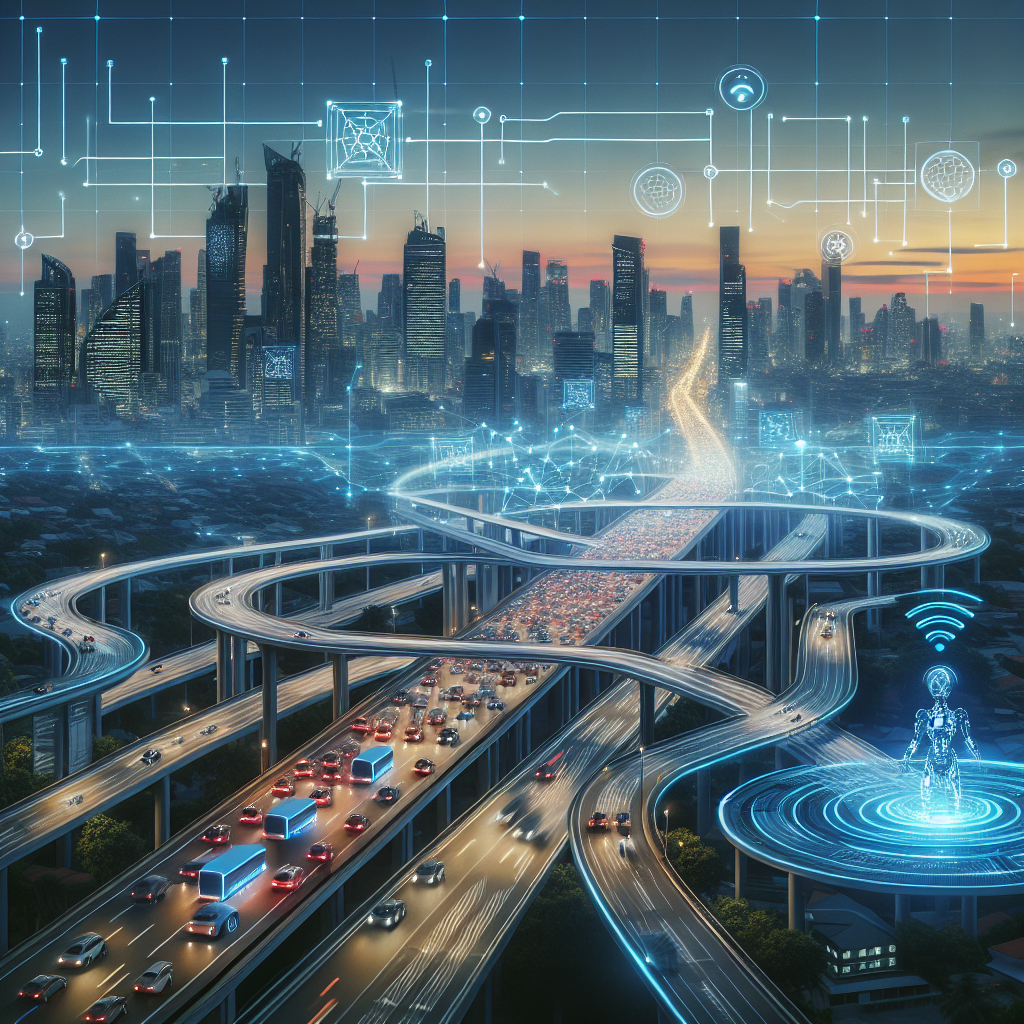Artificial intelligence (AI) is revolutionizing many industries, and transportation is no exception. One of the key areas where AI is making a significant impact is in scheduling and routing. By leveraging AI technologies, transportation companies are able to optimize their operations, reduce costs, and improve service quality for their customers.
Scheduling and routing are critical aspects of transportation management. Whether it’s for a fleet of trucks, buses, or delivery vehicles, efficient scheduling and routing can have a major impact on the overall performance of a transportation system. With the help of AI, transportation companies can now streamline these processes and achieve better results than ever before.
One of the key ways in which AI is improving scheduling and routing in transportation is by optimizing routes in real-time. Traditional route planning systems rely on pre-set schedules and static maps, which can quickly become outdated as traffic conditions change. With AI-powered route optimization, transportation companies can adapt to changing conditions on the fly and adjust routes in real-time to avoid delays and ensure on-time delivery.
AI algorithms can analyze a wide range of data sources, such as traffic patterns, weather conditions, and historical delivery times, to predict the most efficient route for each vehicle. By continuously analyzing and learning from this data, AI systems can optimize routes over time and improve efficiency and cost-effectiveness.
In addition to real-time route optimization, AI is also improving scheduling by automating the process of assigning tasks to vehicles and drivers. By analyzing historical data and performance metrics, AI algorithms can predict how long each task will take and assign them to the most suitable vehicle or driver. This not only saves time and reduces errors but also ensures that tasks are completed in the most efficient manner possible.
Another way in which AI is improving scheduling and routing in transportation is by enabling dynamic pricing models. By analyzing demand patterns and market conditions, AI algorithms can adjust prices in real-time to maximize revenue and optimize resource utilization. This allows transportation companies to offer more competitive pricing and attract more customers while still maintaining profitability.
Furthermore, AI-powered scheduling and routing systems can also improve customer service by providing accurate and real-time updates on delivery times. By tracking the location of each vehicle in real-time and monitoring traffic conditions, AI systems can provide customers with up-to-date information on when their delivery will arrive. This not only improves customer satisfaction but also reduces the number of customer inquiries and complaints.
Overall, AI is transforming the way transportation companies manage their operations and deliver services to customers. By optimizing routes in real-time, automating scheduling processes, enabling dynamic pricing models, and improving customer service, AI is helping transportation companies achieve greater efficiency, cost-effectiveness, and customer satisfaction.
FAQs:
Q: How does AI optimize routes in real-time?
A: AI algorithms analyze data from various sources, such as traffic patterns and weather conditions, to predict the most efficient route for each vehicle. By continuously learning from this data, AI systems can adjust routes in real-time to avoid delays and ensure on-time delivery.
Q: How does AI automate the scheduling process?
A: AI algorithms analyze historical data and performance metrics to predict how long each task will take and assign them to the most suitable vehicle or driver. This saves time, reduces errors, and ensures tasks are completed efficiently.
Q: How does AI enable dynamic pricing models?
A: AI algorithms analyze demand patterns and market conditions to adjust prices in real-time, maximizing revenue and optimizing resource utilization. This allows transportation companies to offer competitive pricing while maintaining profitability.
Q: How does AI improve customer service?
A: By tracking vehicle locations in real-time and monitoring traffic conditions, AI systems provide customers with accurate and real-time updates on delivery times. This improves customer satisfaction and reduces inquiries and complaints.

